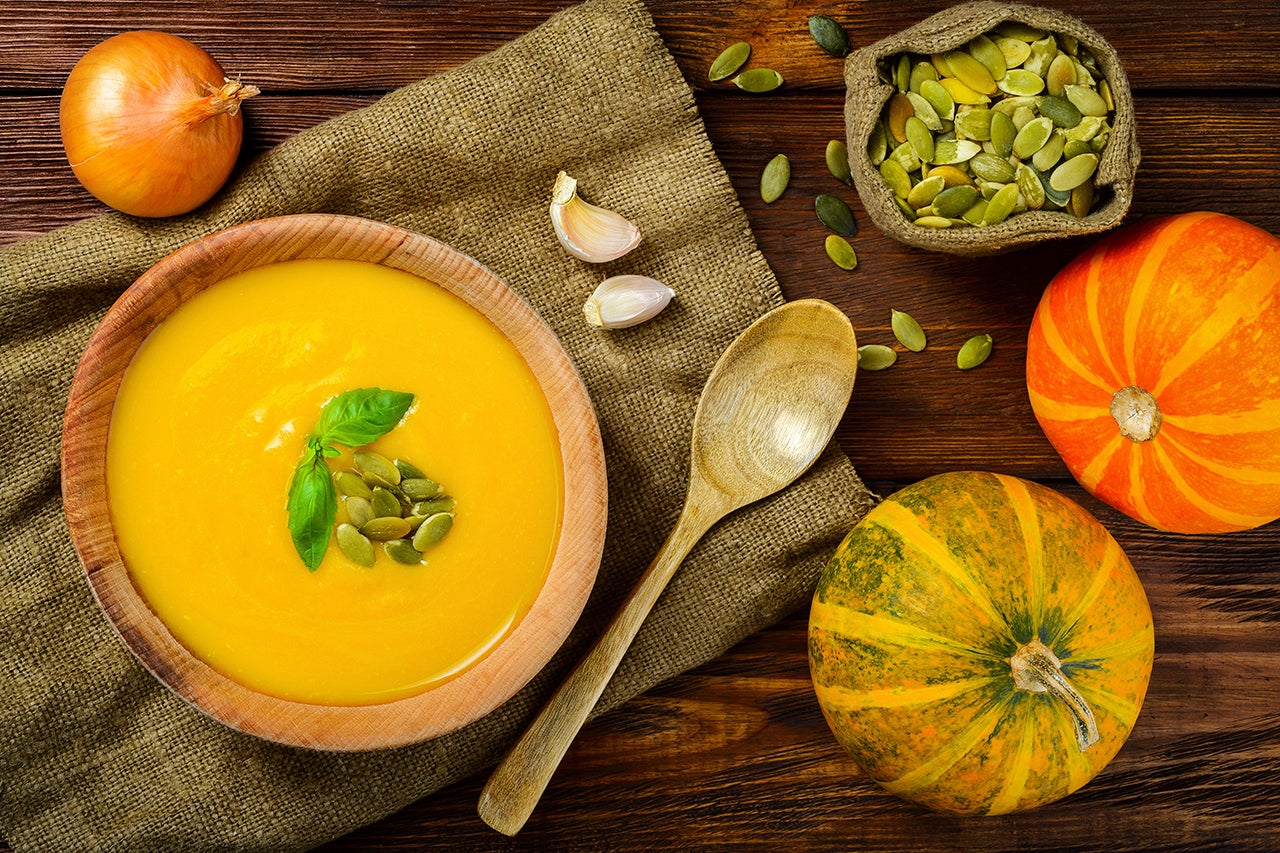by Kelsey Baum
Thanksgiving is a time for members of the College of Charleston community and their families to celebrate inclusivity in terms of food, family, and togetherness. However, many have found it more difficult than ever before to feel included in their family’s traditions due to the array of dietary preferences and restrictions that clash with traditional holiday fare.
So, how does a vegetarian stare down the Thanksgiving turkey at the middle of the table and not feel ostracized? How does a vegan feel accepted while surrounded by foods made with butter, eggs and cow’s milk?
To help answer these questions, The College Today asked around campus to see how Thanksgiving staples could be altered to be more inclusive, all while still maintaining the traditions that signify the holiday and make it unique.
 Tatjana Washington ’19, former president of the CofC Vegan Club and a biology major and environmental and sustainability studies minor, became a vegan due to a history of pre-diabetes in her family. Since incorporating veganism into her lifestyle, she’s noticed that her energy and productivity levels have increased exponentially, and she now strives to inspire others who want to feel as good as she does.
Tatjana Washington ’19, former president of the CofC Vegan Club and a biology major and environmental and sustainability studies minor, became a vegan due to a history of pre-diabetes in her family. Since incorporating veganism into her lifestyle, she’s noticed that her energy and productivity levels have increased exponentially, and she now strives to inspire others who want to feel as good as she does.
“I always say that nothing tastes as good as being vegan feels,” says Washington. “And my goal is to just plant a seed in people by gradually introducing them to affordable vegan recipes and restaurants.”
When it comes to Thanksgiving dinner, Washington is no stranger to feeling left out because of her own dietary preferences. After some trial and error, she has finally come up with a way to feel more a part of the holiday spirit.
“In order to make Thanksgiving more inclusive, I bring my own dish that everyone can share, so I’m not limited in my options,” Washington says.
She also knows a variety of ways to make most traditional Thanksgiving dishes – except turkey, of course – vegan-friendly.
“The brand I Can’t Believe It’s Not Butter is vegan,” Washington says, “so that can be used in place of other types of butter in recipes. We can also make collard greens without bacon, use vegetable oil instead of butter in rice, and make desserts with applesauce and bananas in the place of eggs and milk.”
But foregoing Aunt Sally’s famous buttery mashed potatoes or declining the classic Southern deep-fried turkey can open vegetarians and vegans to skepticism from family and friends around the dinner table.
CofC mathematics professor Martin Jones understands that changing the discourse around traditions can sometimes be difficult. Recalling the first time he told his father that he had switched to veganism, Jones says he has since realized that there are better ways to broach the topic.
“Vegans often feel a sense of anger when they switch to a plant-based diet because they wish they had known to change their ways long before,” says Jones. “But I believe that negotiating resistance peacefully instead of arguing about it is what will inspire the most change.”
Jones believes that we can both maintain and reinvent Thanksgiving traditions to make them even better and more inclusive.
“Traditions have not always been good, so we should work to create new ones,” Jones says. “We can still incorporate spending time with family and giving thanks, but also take into account what we can improve upon.”
Although the world in 2018 is filled with polarized opinions, Thanksgiving is ultimately a holiday based on gratitude and togetherness. It’s a time to be receptive to and accepting of different viewpoints, foods and ideas. Instead of fearing disagreement, we can see it as an opportunity to learn from others and expand our mindsets.
To learn more about making plant-based Thanksgiving recipes yourself, check out the blog Happy Herbivore, which is run by CofC alumna Lindsay Nixon ‘04, CEO of Happy Herbivore Inc. in Los Angeles, California.
After years of perfecting her own tasty and unique vegan dishes, Nixon offers this simple advice on incorporating vegan recipes into your Thanksgiving feast:
“Maintain your food traditions with gentle substitutions in your family’s recipes such as using vegetable broth instead of poultry broth, replacing butter with Earth Balance, or using almond milk or soy milk instead of dairy,” says Nixon. “It’s also fun to rejuvenate your menu with a fresh, modern dish such as wild rice pilaf, kale salad, or stuffed squash.”
Kelsey Baum is a senior from New Jersey studying Communication and Italian Studies at the College of Charleston. She is also a member of the Martin Scholars Program and a freelance writer for Her Campus.





